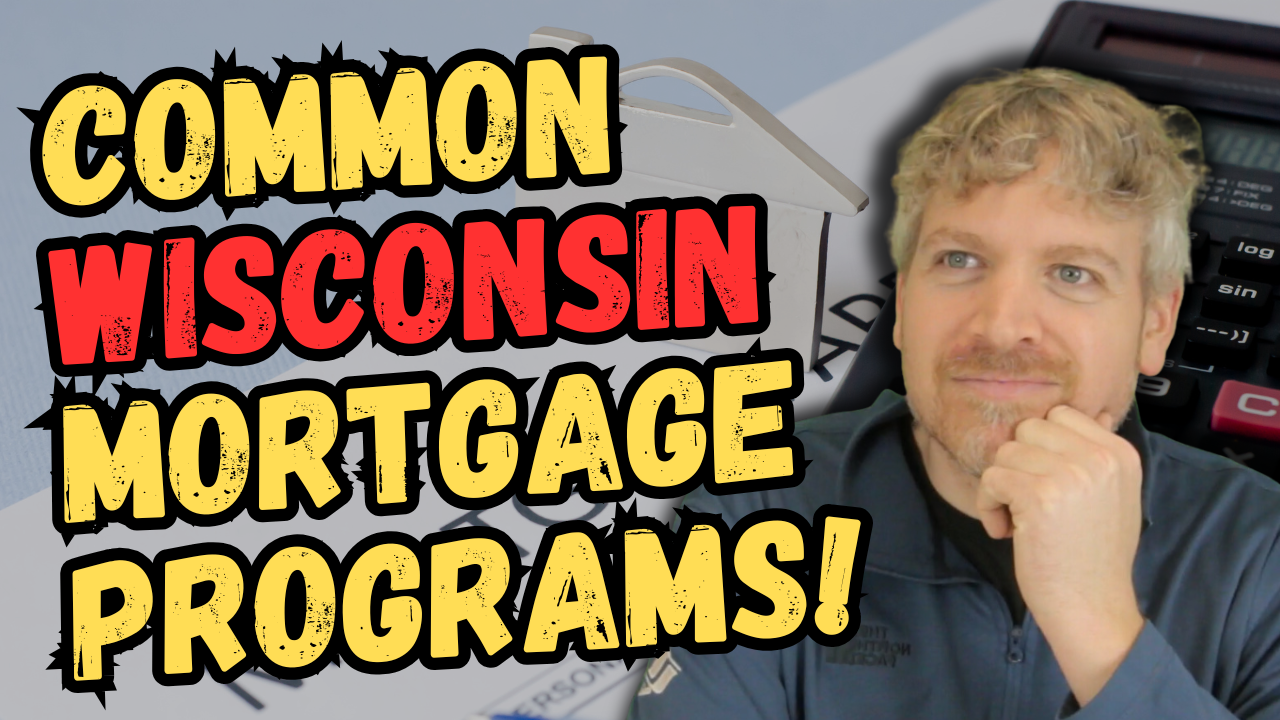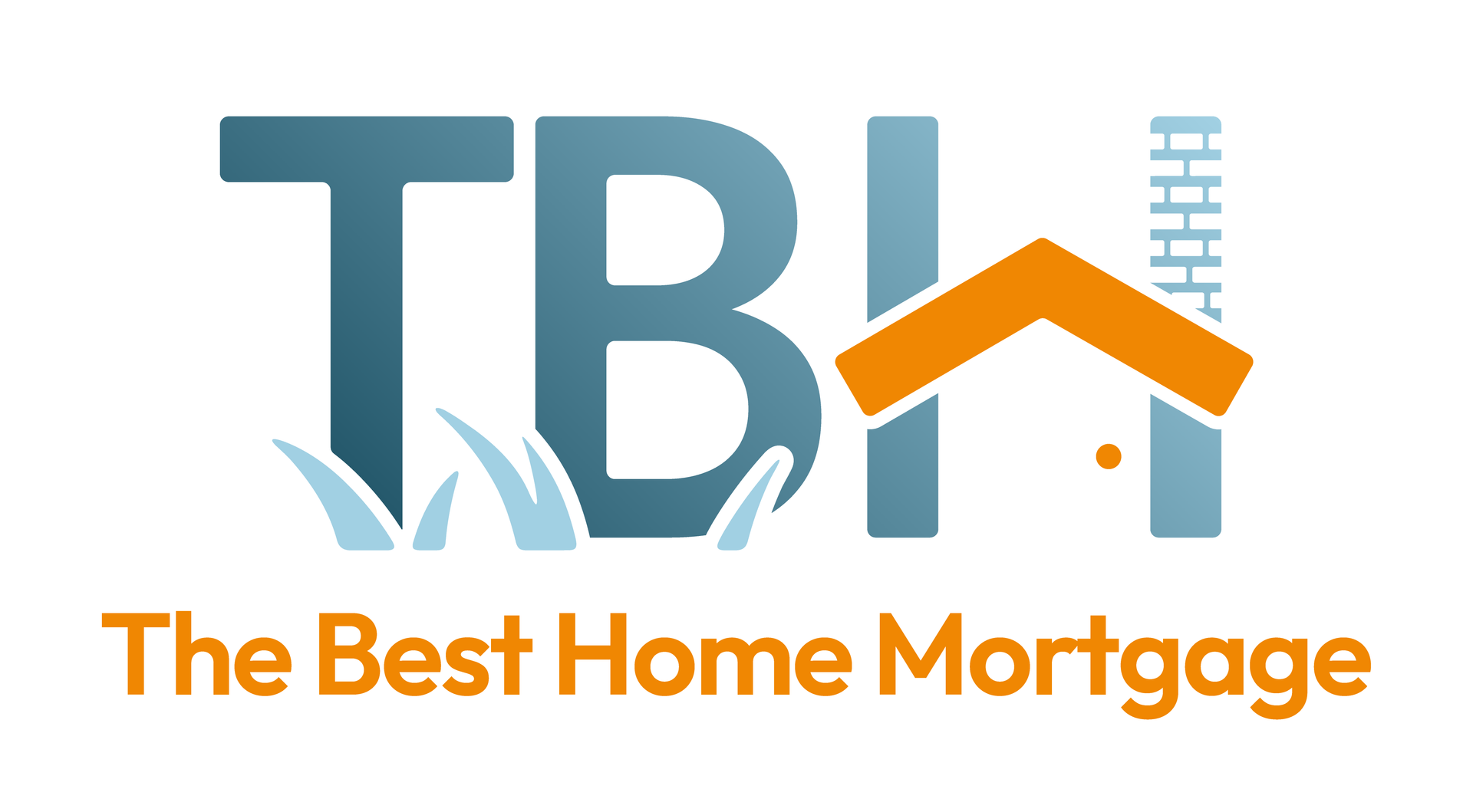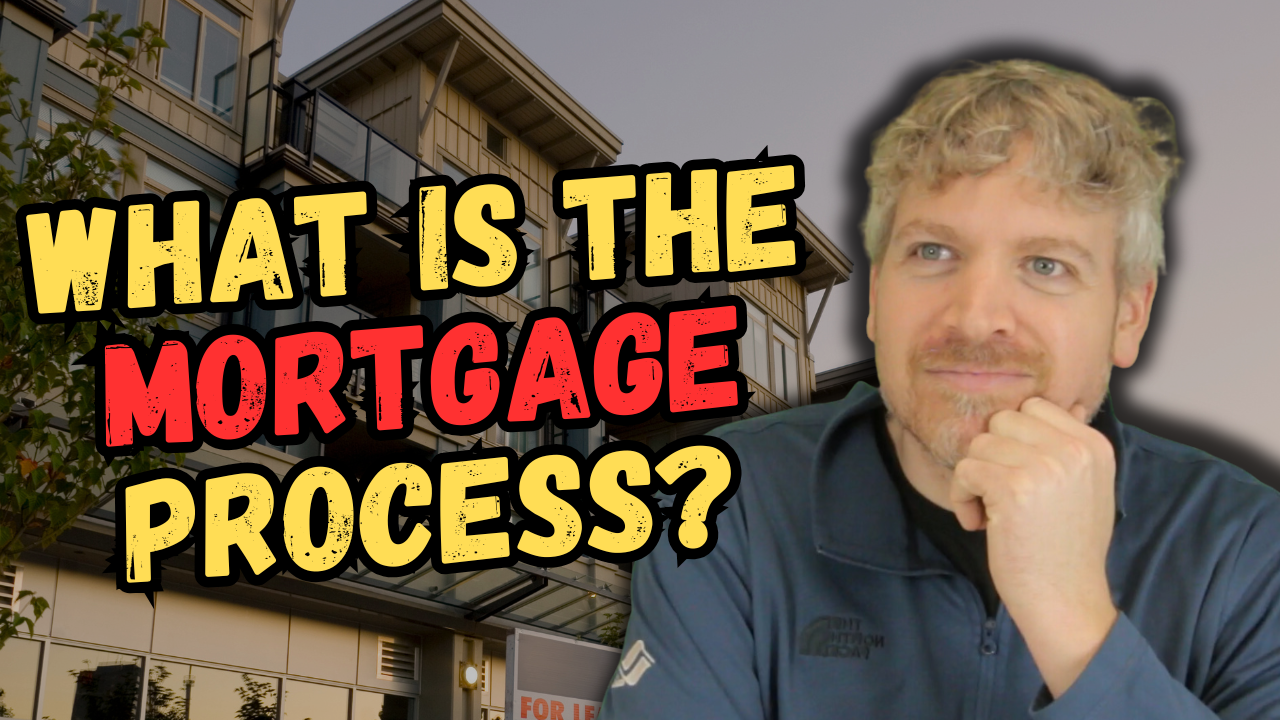Understanding Mortgage Escrows: A Complete Guide for Homebuyers
When navigating the home buying process, understanding the ins and outs of mortgage escrows is crucial for a smooth transaction. Whether you're a first-time homebuyer or looking to refinance, knowing how mortgage escrows work can save you from unexpected financial surprises. In this comprehensive guide, we'll explore the purpose of mortgage escrows, how they function, and their benefits for both lenders and borrowers.
What is a Mortgage Escrow?
Mortgage escrow accounts are essentially third-party accounts set up by your lender to pay certain property-related expenses on your behalf. These expenses typically include property taxes and homeowners insurance. The primary purpose of an escrow account is to ensure that these critical payments are made in a timely manner, protecting the lender's investment and keeping the borrower from incurring penalties or, in the worst-case scenario, losing their home.
Breaking Down the Escrow Process
When you make a monthly mortgage payment, a portion of that payment goes into your escrow account. Throughout the year, your lender uses the funds in this account to pay your property taxes and homeowners insurance premiums on your behalf. This arrangement means you don't have to worry about large lump-sum payments for these expenses, as they're spread out over each mortgage payment.
Annual Escrow Reviews
Lenders perform an annual escrow analysis to ensure that the amount being escrowed is sufficient to cover the expenses. If there are any adjustments needed—either because of an increase in taxes or insurance premiums—you'll be notified, and your monthly payment may be adjusted accordingly.
Simplifying Budgeting for Homeowners
One of the significant benefits of mortgage escrows is the convenience and peace of mind they offer to homeowners. By incorporating property taxes and insurance payments into your monthly mortgage payment, you can simplify your budgeting process. This setup ensures that you're never caught off guard by large, unexpected expenses.
Protecting Your Investment
For lenders, escrow accounts provide a layer of security by ensuring that the property remains insured and the taxes are paid. This protection is crucial because it mitigates the risk of loss due to uninsured damages or tax liens, which could jeopardize the lender's collateral on the loan—the home itself.
Are Escrow Accounts Required?
Not all mortgages require an escrow account. Whether you'll need one can depend on your loan type, your lender's policies, and your down payment size. Typically, lenders require escrow accounts for loans with less than a 20% down payment.
Can I Opt Out of Escrow?
In some cases, borrowers may have the option to pay their property taxes and homeowners insurance directly, without using an escrow account. However, this often requires a higher down payment or paying a fee, and not all lenders offer this option.
Mortgage escrows play a vital role in the home buying and owning process, offering benefits that help both borrowers and lenders. By ensuring that property taxes and insurance premiums are paid on time, escrow accounts provide peace of mind and financial stability for homeowners. If you have more questions about mortgage escrows or any other aspect of home financing, feel free to reach out. Our goal is to help you navigate the complexities of home loans with ease and confidence.










